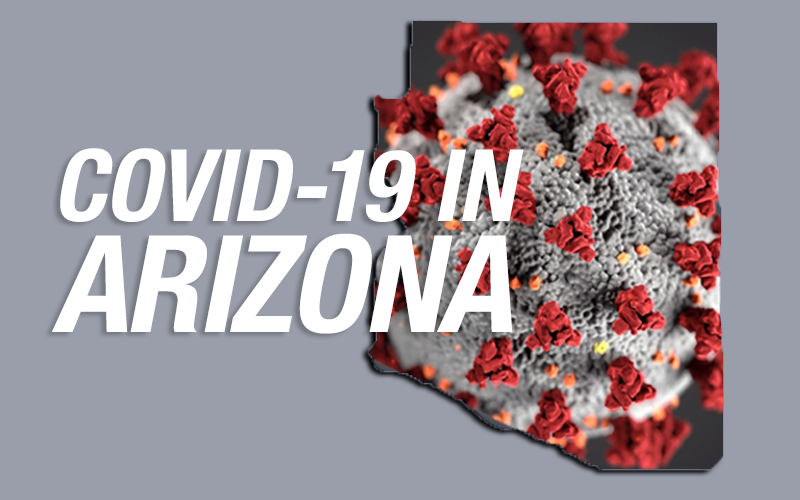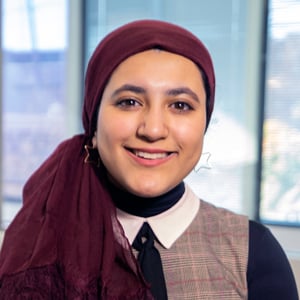
PHOENIX – More Arizona businesses face closure with a revised order from Gov. Doug Ducey, who is calling on salons, barbers, tattoo parlors, massage parlors, spas and other previously exempt businesses to cease operation by 5 p.m. on Saturday, April 4.
Mayors in Arizona voiced criticism of the state’s list of essential services in recent weeks, Cronkite News reported. Ducey, in a press release Friday afternoon, updated his executive order to redefine those services the state considers essential.
Although the state vowed to keep public parks as open to the “greatest extent as possible,” amenities at public parks that do not allow for recommended physical distancing or proper hygiene will close. That includes splash pads, basketball courts and even park restrooms.
Communal pools and swap meets are also to close under the new guidelines.
The Governor’s Office clarified that many essential services, such as day care centers and personal hygiene services, such as in-home assistance with bathing and cleaning, may continue operations but under careful measures.
As of April 5, Arizona health officials reported 2,269 cases of COVID-19 in Arizona, and 64 deaths, according to the Arizona Department of Health Services. Also as of April 5, the department said 27,134 tests for COVID-19 have been completed in public and private labs in Arizona with the coronavirus ruled out in 25,335 cases.
Navajo Nation works to slow outbreak
Navajo Nation leaders and health officials are searching for additional resources for the reservation – from doctors to care facilities – to prepare in the event the COVID-19 outbreak worsens, they said in a virtual town hall Friday morning.
Tribal health officials have reported 241 cases of COVID-19 and eight deaths as of Thursday, April 2. In addition, they said, 1,796 individuals on the reservation tested negative for the virus. In a phone call with President Donald Trump earlier this week, New Mexico Governor Michelle Lujan Grisham warned the illness could “wipe out” indigenous people in the Four Corners region.
The Navajo Nation is looking to increase the number of doctors, nurses and housekeepers to work against the outbreak as officials report rising numbers in the area. Health officials looked at both projections and actual cases of COVID-19 in the reservation to determine additional staff loads, said Roselyn Tso, service director of the Navajo Area Indian Health.
The plan also calls for finding additional locations to open care facilities if needed, called “alternate sites for care.”
“Because the patients that we’re seeing are in different stages, not all of them may need to come to a hospital, so we’re finding other places that they might be able to go to self-quarantine,” Tso said. “Or even when they get better. They need to go somewhere for a little while just to continue to recuperate.”
To contain the spread of the virus, the Navajo Nation imposed a daily curfew on March 30 on all of its residents effective from 8 p.m. to 5 a.m. The curfew does not apply to what are deemed essential employees by the nation.
UArizona ships COVID-19 collection kits to Navajo Nation
Another effort to help the Navajo Nation combat the outbreak in northern Arizona is coming from the opposite side of the state – in Tucson. The UArizona Health Sciences Department delivered 250 COVID-19 kits to the reservation on Friday.
“Regrettably, the Navajo Nation has been particularly hard hit by the coronavirus and needs these tests to help protect their community,” UArizona President Robert C. Robbins said in a statement. “We are sending these sample collection kits in the hopes they can assist in their efforts to address COVID-19, and we thank the president, the speaker and the council for their tireless work.”
Child care plan for frontline workers
Starting Monday, April 6, new child care centers will be available to children of first responders, critical health care workers and essential public sector workers, including child safety workers, the Governor’s Office and the Arizona Department of Education said Friday.
ASU researchers testing wastewater in Tempe for COVID-19
Researchers at Arizona State University are in the early stages of testing whether COVID-19 can be detected in wastewater, the Arizona Republic reports. Professor Rolf Halden and his team have led similar efforts at the university, monitoring wastewater for other viruses, such as the flu, across 30 cities nationwide, but Halden told the Republic that Tempe is believed to be the first city to detect other viruses in untreated sewage. If the method for testing COVID-19 proves successful, researchers will begin tracking trends from different parts of Tempe’s sewage system.
ASU launches drive-thru testing for essential workers
The Biodesign Institute at Arizona State University launched its COVID-19 drive-thru testing on Thursday after more than a week of delays, Cronkite News reported. Testing is not open to the public and is reserved for essential workers such as first responders and hospital workers. The university currently has 4,000 testing kits made and plans to make 10,000 more in the next week.
Red Rock District announces closures of recreation sites
The Coconino National Forest this weekend will close 10 of its most popular recreation sites in the Sedona area in response to concerns over large numbers of hikers congregating and not practicing social distancing. The list of trails and day-use sites that will close can be found here.
How to help
The Singletons, a Phoenix nonprofit that serves single-parent households battling cancer, is running low on essential items to help one of the most vulnerable populations during the pandemic. The organization is looking for such items as toilet paper, laundry detergent and disinfectants approved by the Environmental Protection Agency.

